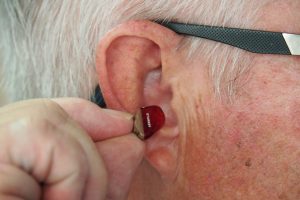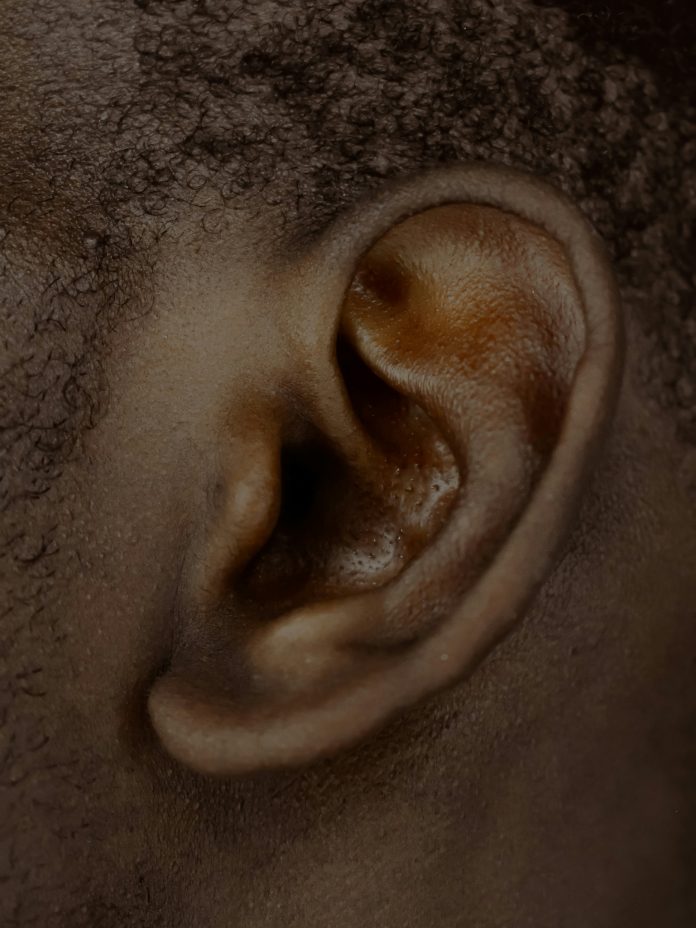Double ear infections, medically termed otitis media, can be a painful and distressing condition affecting individuals of all ages. This article seeks to offer a detailed examination of double ear infections, covering their causes, symptoms, diagnosis, treatment options, preventive measures, and more.
Introduction to Double Ear Infections
Understanding the Basics
Ear infections develop when the middle ear becomes inflamed because of either bacterial or viral infections. When both ears are affected simultaneously, it’s referred to as a double ear infection.
Types of Ear Infections
There are several types of ear infections, including acute otitis media (AOM), chronic otitis media, and otitis externa (swimmer’s ear). Double ear infections typically involve AOM affecting both ears.
Causes of Double Ear Infections
Bacterial and Viral Infections
Bacterial infections, often stemming from respiratory infections, are a common cause of double ear infections. Viral infections, such as the common cold or flu, can also lead to ear inflammation.
Risk Factors
Factors such as age (young children are more susceptible), exposure to cigarette smoke, attending daycare, and a person having weak immune system have increase the risk of developing double ear infections.
Symptoms of Double Ear Infections
Identifying Common Signs
Symptoms may include ear pain, fever, difficulty sleeping, irritability (especially in infants), fluid drainage from the ear, and diminished hearing.
Recognizing Severe Symptoms
In severe cases, individuals may experience intense ear pain, pus or blood draining from the ear, high fever, dizziness, and even hearing loss.
Diagnosis and Treatment
Treatment Options
In some cases, particularly if the infection is recurrent or severe, a surgical procedure known as tympanostomy (ear tube insertion) may be recommended.
Complications and Prevention
Potential Risks
Complications of untreated double ear infections may include Hearing loss, delays in speech and language (especially in children), and the spread of infection to nearby areas are potential complications.
Preventive Measures
To reduce the risk of double ear infections, practice good hygiene and avoid exposure to cigarette smoke, breastfeed infants (if possible), and stay up to date with vaccinations.
Zencortex that support and optimize your hearing naturally
Click Here to buy
Home Remedies and Relief
Natural Remedies
Home remedies like warm compresses, over-the-counter pain relievers, and nasal decongestants may help alleviate symptoms and promote healing.
Alleviating Symptoms at Home
Encourage rest, keep the head elevated during sleep, and ensure adequate hydration. Avoid inserting foreign objects like cotton buds into the ear canal.
When to See a Doctor
Knowing When It’s Necessary to Seek Medical Attention
If symptoms persist or worsen, signs of complications such as severe pain, high fever, or ear drainage emerge, it is advisable to seek guidance from a healthcare professional.
Outlook and Recovery
Recovery Timeline
With prompt treatment, most individuals recover from double ear infections within a few days to a week. However, severe or recurrent infections may require additional medical intervention.
Long-Term Effects
In some cases, particularly in children, repeated ear infections may lead to persistent fluid accumulation in the middle ear can impact both hearing and language development.
Coping Strategies
Dealing with Discomfort
Use pain relievers as directed, apply warm compresses to the affected ear, and create a comfortable environment to promote rest and relaxation.
Emotional Support
Offer reassurance and comfort to children experiencing ear pain, and seek support from healthcare professionals or support groups if needed.
Frequently Asked Questions (FAQs)
- Can adults get double ear infections?
- Yes, although they are more common in children, adults can also develop double ear infections, particularly if they have underlying health conditions or weakened immune systems.
- Are double ear infections contagious?
- While the infections themselves are not contagious, the viruses or bacteria responsible for these infections can spread via respiratory droplets. Practice good hygiene to prevent transmission.
- How long does it take for a double ear infection to heal?
- With appropriate treatment, most double ear infections improve within a week. However, recovery time may vary depending on factors such as the severity of the infection and individual health.
- Can swimming cause double ear infections?
- Swimming, particularly in contaminated water or if water enters the ear canal, can increase the risk of developing swimmer’s ear (otitis externa), but it is less commonly associated with double ear infections.
- Is surgery necessary for treating double ear infections?
- Surgery, such as ear tube insertion, may be recommended in cases of chronic or recurrent double ear infections, but it is not typically the first-line treatment option.
Also Read: Is Falling Asleep After Eating a Sign of Diabetes?
Zencortex that support and optimize your hearing naturally
Click Here to buy
Affiliate Disclosure:
The links contained in this product review may result in a small commission if you opt to purchase the product recommended at no additional cost to you. This goes towards supporting our research and editorial team and please know we only recommend high quality products.
Disclaimer:
Please understand that any advice or guidelines revealed here are not even remotely a substitute for sound medical advice from a licensed healthcare provider. Make sure to consult with a professional physician before making any purchasing decision if you use medications or have converts following the review details shared above. Individual results may vary as the statements made regarding these products have not been evaluated by the Food and Drug Administration. The efficacy of these products have not been confirmed by FDA approved research. These products are not intended to diagnose, treat, cure or prevent any disease.




